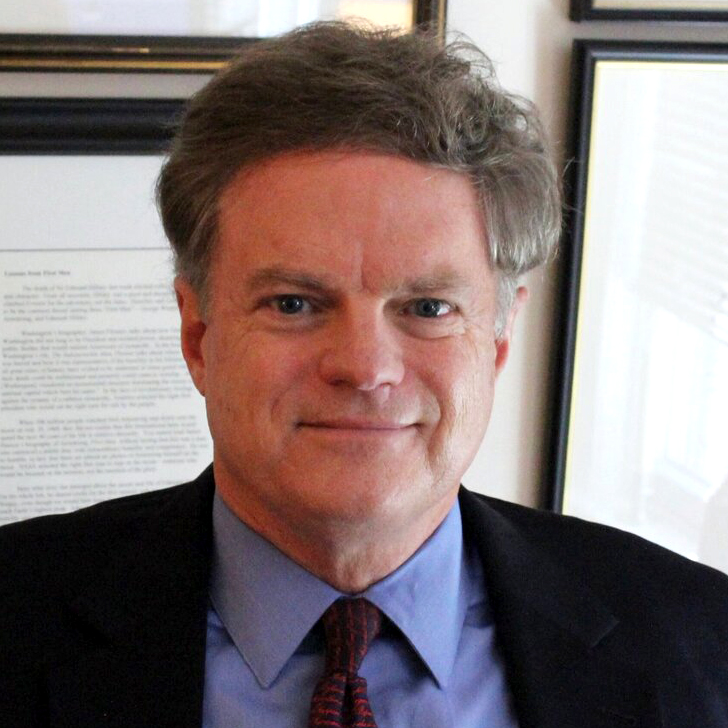
Over the last 200 years, despite wars, famines, and plagues, human beings in virtually every corner of the globe have become more likely to live longer, healthier, wealthier, and better overall. But global progress in human well-being has been neither linear nor universal. For instance, measured at living on just $5.50 a day per person, nearly 3.5 billion people still live in extreme poverty. Moreover, humankind now faces several unprecedented existential threats to human life itself, including nuclear weapons proliferation, global warming, and the persistence or spread of drug-resistant infectious diseases including ones once thought to be nearly eradicated.
This course is co-sponsored by Penn’s Fox Leadership International (FLI) program and its College of Liberal and Professional Studies (LPS). Drawing on FLI’s graduate professional curriculum in leadership and public administration, this course is designed to help students explore how different governance institutions—families and social networks; neighborhood or community groups; nonprofit or social sector organizations; for-profit firms; and, most importantly, government institutions themselves—can act, either independently or in tandem with each other, and either within or across regional or national borders, to maintain or improve human well-being.
Students sample and assess multiple and competing approaches to reforming public administration (also referred to as “public management”) and “creating public value,” including through public-private partnerships and “collaborative governance.” Through directive but wholly independent research, students are guided in optional critical reflections on several global human well-being challenges (elder care with a focus on China; economic development in Latin America; and energy with a focus on India), and required written reflections on several others (public-private partnership initiatives in Ghana, Japan, and New Zealand; education with a focus on Africa; and different governmental responses to the recent global public health crisis).
The prerequisites for this course are LEAD 1010, LEAD 1040/3040, LEAD 2020, LEAD 2030, LEAD 3100, LEAD 3200, and LEAD 3300, plus one of the following: DATA 1010, MTHS 1000, MTHS 2000, or MTHS 2200.
*Academic credit is defined by the University of Pennsylvania as a course unit (c.u.). A course unit (c.u.) is a general measure of academic work over a period of time, typically a term (semester or summer). A c.u. (or a fraction of a c.u.) represents different types of academic work across different types of academic programs and is the basic unit of progress toward a degree. One c.u. is usually converted to a four-semester-hour course.



